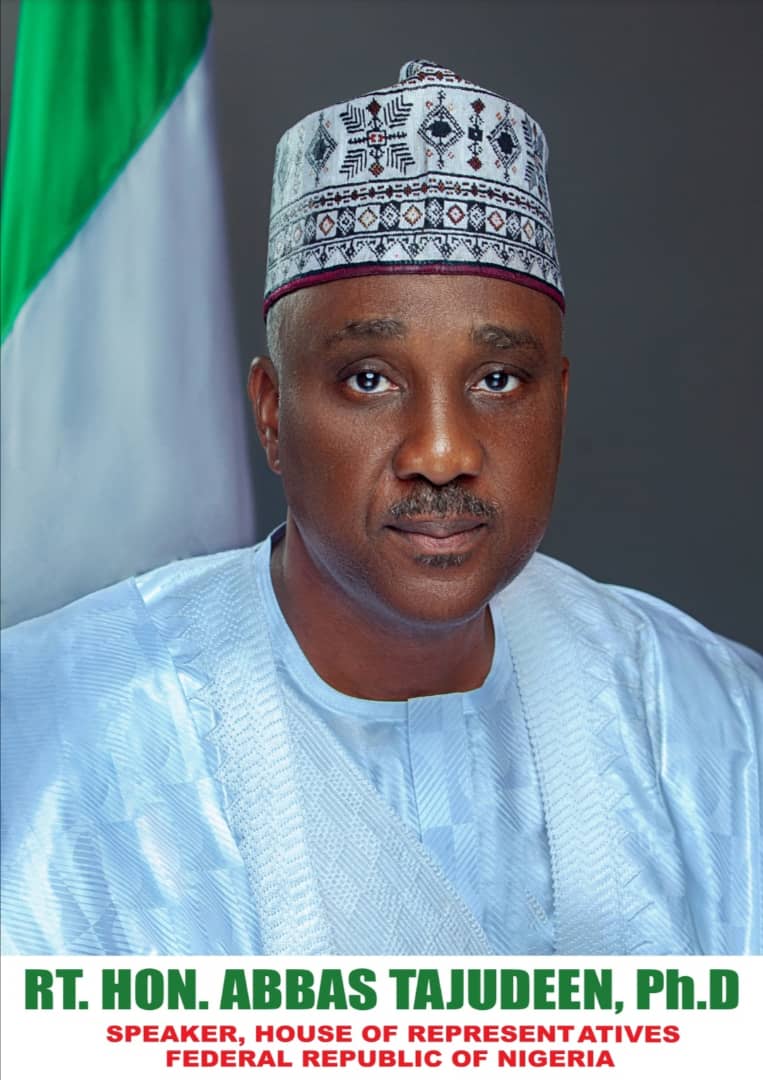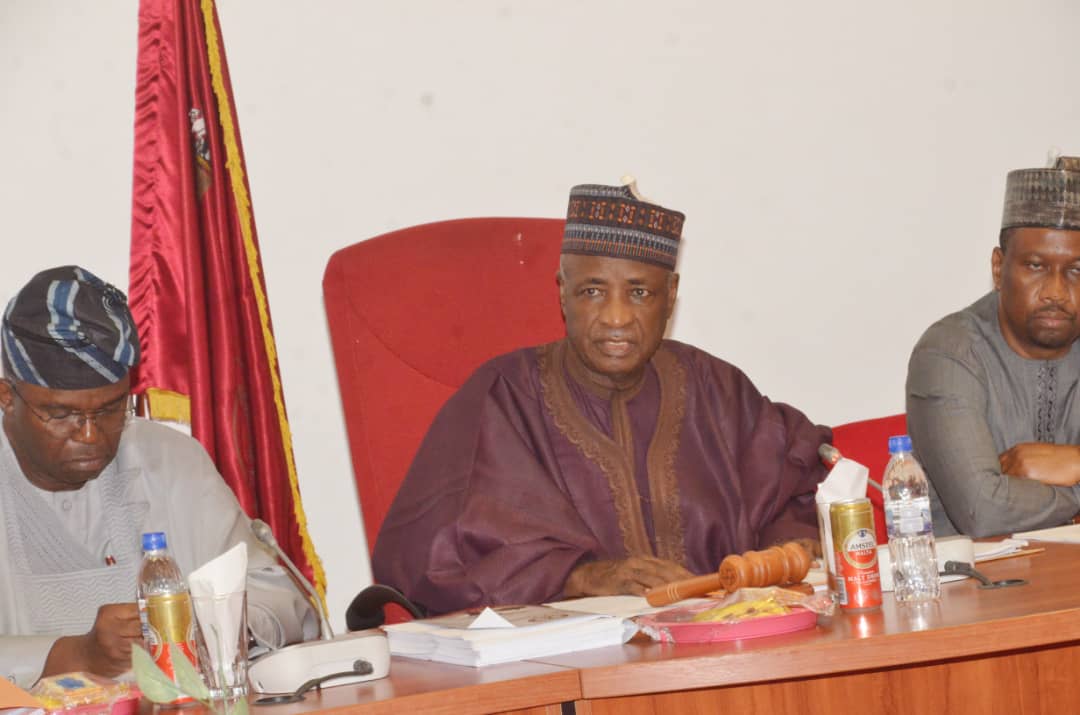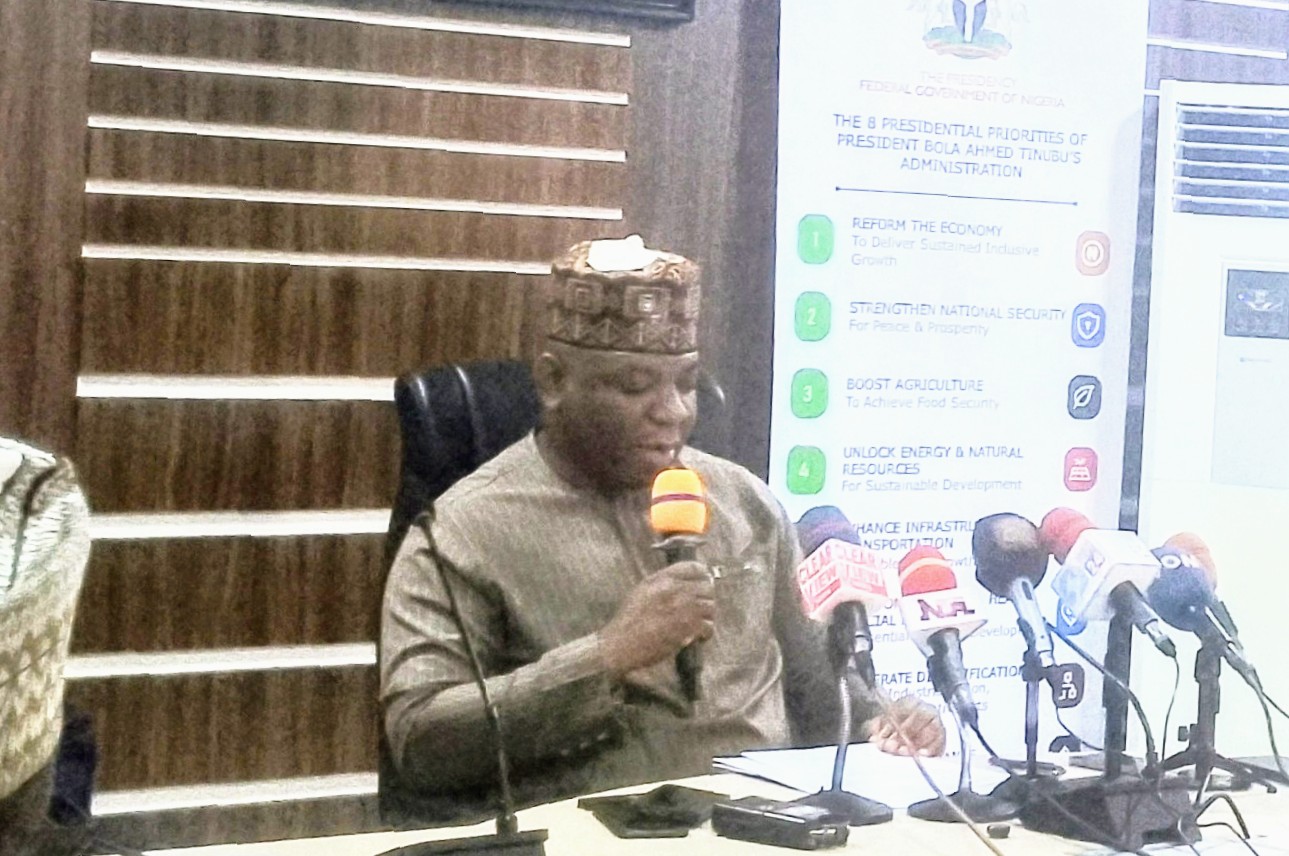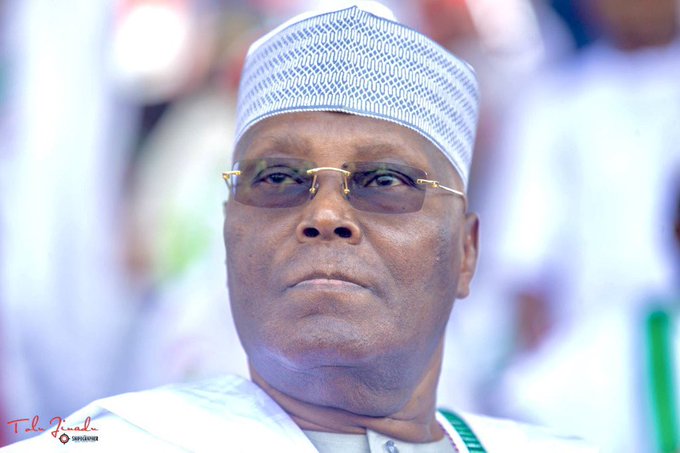
By Fatima Saka
Abuja, Nigeria-Former Vice President of Nigeria, Atiku Abubakar, has formally resigned from the People’s Democratic Party (PDP), ending a decades-long affiliation with the party he helped establish.
In a resignation letter dated July 14, 2025, and addressed to the Chairman of the PDP at Jada 1 Ward in Jada Local Government Area of Adamawa State, Atiku stated that his decision was driven by the party’s deviation from its original ideals.
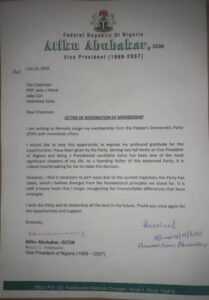
“It is with a heavy heart that I resign, recognizing the irreconcilable differences that have emerged,” Atiku wrote. He noted that the PDP’s current trajectory no longer aligns with the founding principles that guided its formation and which he has long stood for.
Atiku, who served as Vice President from 1999 to 2007 under President Olusegun Obasanjo, expressed appreciation for the opportunities given to him by the PDP, including his two-time nomination as the party’s presidential candidate.
“Serving two full terms as Vice President of Nigeria and being a Presidential candidate twice has been one of the most significant chapters of my life,” he stated.
The resignation marks a dramatic turn in Nigeria’s political landscape, especially as preparations for the 2027 general elections gather momentum. Political analysts speculate that Atiku’s exit may signal realignments within the opposition or the possible formation of a new political bloc.
The letter was officially received on July 14 by Hammondama Abubakar, confirming its authenticity.
As one of Nigeria’s most enduring political figures, Atiku’s next move is likely to generate significant interest across the nation’s political spectrum.
READ ALSO: Voluntary Climate Action: SPP Takes the Lead in GHG Emission reporting
NMA Anambra rejects NSIWC’s allowance review
Atiku Abubakar is widely regarded as a key architect of the PDP, having played a central role in its formation in the late 1990s. He has contested for the presidency multiple times under different party platforms and has remained an influential voice in national affairs.
The PDP, which governed Nigeria from 1999 to 2015, has struggled in recent years to regain its footing amid internal crises and electoral losses. Atiku’s departure is expected to deepen debates about the party’s direction, leadership, and unity ahead of future contests.

